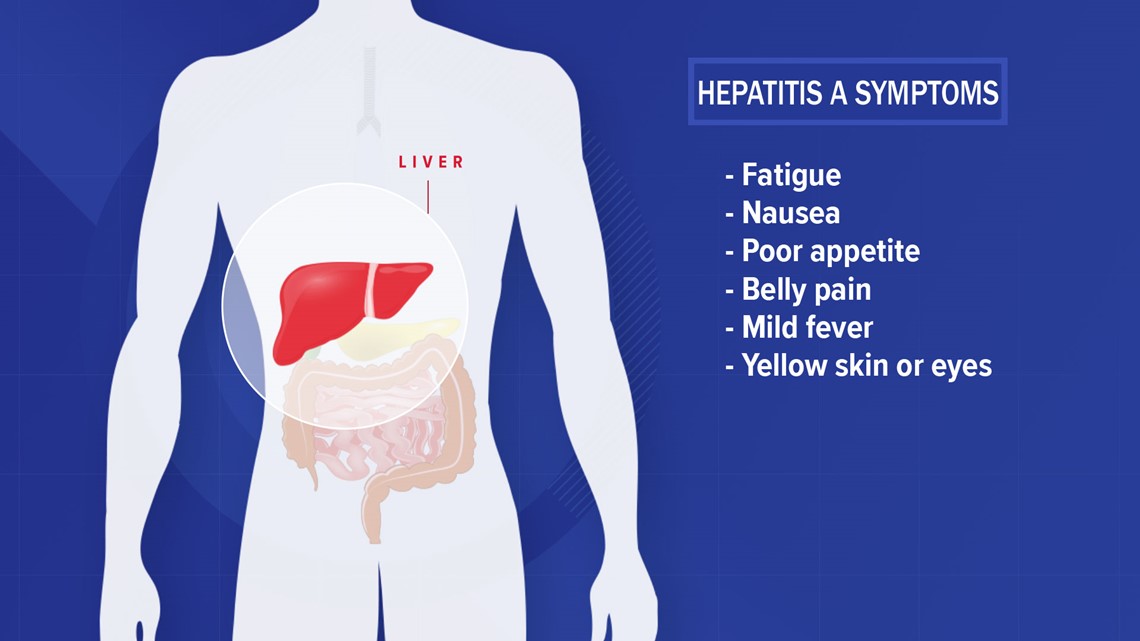Anyone who ate at Village Tavern in SouthPark on October 30 may have been exposed to Hepatitis A, according to the Mecklenburg County Health Department.
Hepatitis A spreads through the fecal matter of an infected person, most commonly by poor handwashing, having sexual contact with infected partner or by eating or drinking foods contaminated by hepatitis A. Symptoms of the disease include nausea, fever, joint pain, fatigue, loss of appetite and stomach pain. Those symptoms can last for weeks to months.


How to prevent hepatitis A
- Wash your hands. The best defense against transmitting hepatitis A is washing your hands after using the bathroom and before preparing meals, health officials say.
- Be selfish. Don't share towels, toothbrushes, food, cigarettes or eating utensils with other people as a safeguard. And do not have sex with someone who has a hepatitis A infection.
- Get vaccinated. Children born after 1999 have been routinely vaccinated against hepatitis A. For adults, two doses of the vaccine spaced six months apart will provide lifelong protection.
Facts from the Mecklenburg County Health Department on hepatitis A:
- It’s a highly contagious liver disease caused by a virus spread from person to person. The illness can last for weeks to months. Only acute cases are reportable in North Carolina.
- Hepatitis A spreads through the fecal-oral route, most commonly by forgetting to wash your hands after using the bathroom or changing diapers, having sexual contact with infected partners and eating or drinking foods contaminated by hepatitis A.
- Hepatitis A symptoms include nausea, fever, yellowing of the eyes and skin, dark urine, grey feces, joint pain, feeling tired, loss of appetite and stomach pain.
- The best way to prevent hepatitis A is to get the hepatitis A vaccine and to practice safe handwashing procedures – wash your hands under warm, soapy water for at least 20 seconds after using the bathroom or changing diapers and before you prepare food.
- Again, the most at-risk groups for hepatitis A are people who come into contact with someone who has hepatitis A, travelers to countries where hepatitis A is common, men who have sexual contact with men, people who use drugs (both injection and non-injection) and people with clotting factor disorders.

